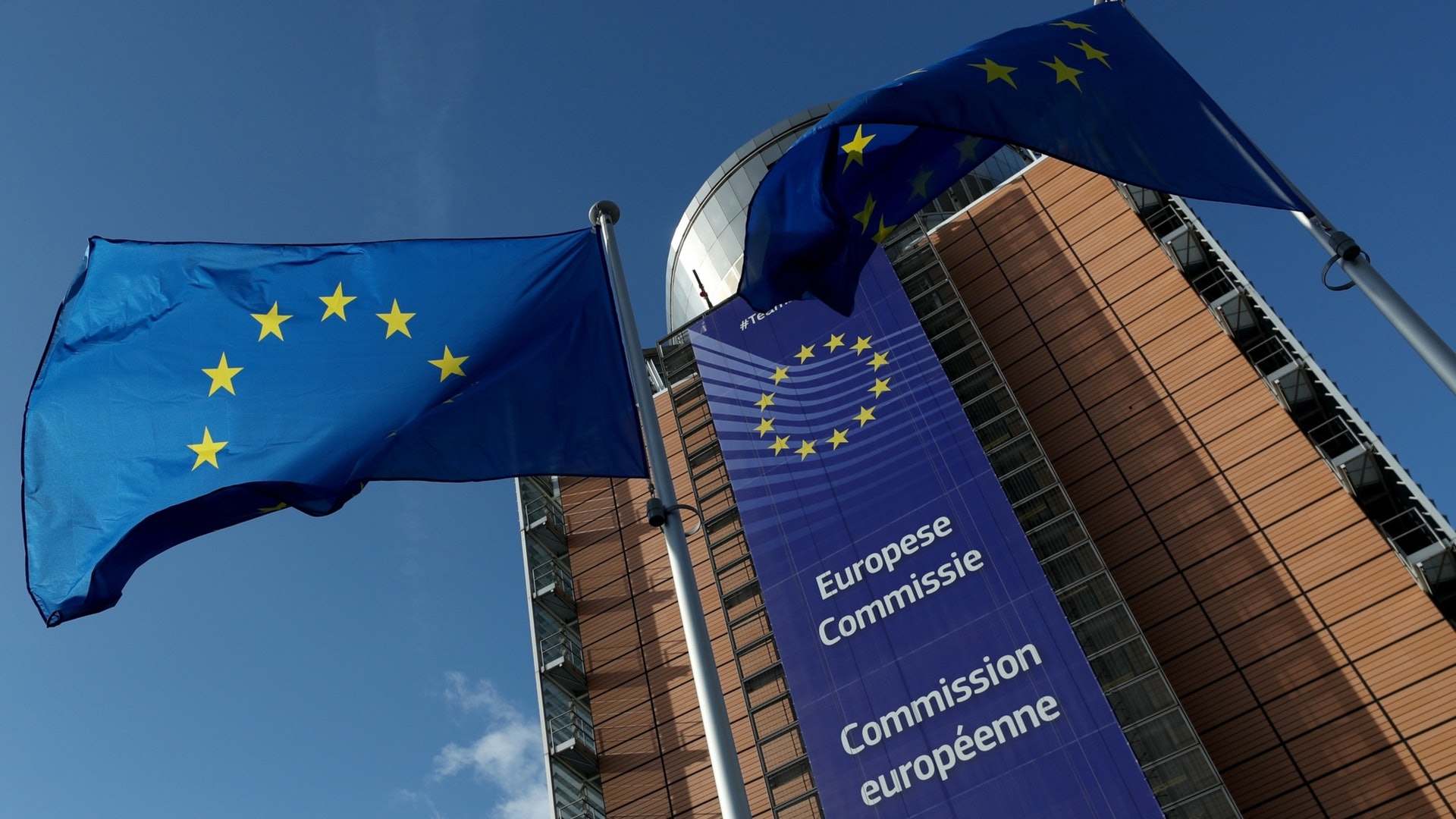For the European Union, the first decade of the new century is undoubtedly glorious. In 2001, the Euro formally replaced the currencies of Western European countries, making the European Union the closest national union in history. Under the single market effect, the former Communist countries in Eastern Europe quickly achieved economic transformation and their growth rates were satisfactory. In contrast, the United States on the other side of the ocean is suffering the baptism of the economic crisis and the prospects for recovery are uncertain; many people even think that the EU, not China, will replace the US world supremacy.
But in the past ten years, the European debt crisis and refugee crisis have dragged on the process of Brexit so far, which has not only slowed down the European development process, but also caused the originally united Europe to be increasingly torn apart. After Trump took office, the “honeymoon period” between the United States and Europe also ended. With regard to Russia, the Iranian nuclear issue, and even the Huawei dispute, the two sides have very different attitudes. The development history of a country or region has its climaxes and troughs; but if Europe wants to get out of today’s predicament, it must not simply rely on “waiting for its changes.”
First results of unbalanced development
In April 2010, three ratings agencies, Fitch, Moody’s and Standard & Poor’s, successively downgraded Greece’s sovereign debt rating to “junk”, which kicked off the European debt crisis. Due to the global financial tightening brought about by the previous financial crisis, investor mistrust has also spread to the entire euro area. The “European Pigs” that have maintained high debt levels: Italy, Spain and Portugal have also been dragged down, so they have to apply to the EU. rush to the rescue.
The average working hours in Greece is about 2035 hours per year, ranking first in Europe, and far from Germany’s “relaxed” life of 1,363 hours. As for retirement benefits, Greece also requires civil servants to receive an average monthly salary of 900 euros after working for 35 years, which is no better than other European countries. But after the crisis broke out, the Greeks ‘”lazy” prejudice was engraved into other Europeans’ impressions.
In the next few years, Northern Europe accused Southern Europe of being “lazy and lazy and relying on Nordic taxpayers for support.” After the far left or populist forces of Southern Europe rose, they regarded the euro zone leader Germany as a target and accused the low value of the euro to directly help German industrial exports. At this time, he is unwilling to pay for by-products. At the same time, the northern and southern European countries also frequently fired on the European Central Bank’s monetary policy: Germany hopes to end the negative interest rate policy as soon as possible, and the southern European countries that have not yet climbed out of the trough insist on low interest rates to spur economic heat.
In fairness, it is not the individual countries that are most responsible for the European debt crisis, but the institutional contradictions of the ECB’s “only monetary policy and difficult fiscal policy”. But when French President Macron and German Chancellor Angela Merkel issued a Metzburg Declaration in June last year, they swore to establish a common euro zone budget by 2021. Unexpectedly, they encountered the Netherlands. Denmark, Finland, Sweden, Estonia and other Scandinavian countries with good fiscal discipline formed the “New Lufthansa League” and vowed to block related reforms every week. In contrast, when the Five Star Movement entered the main government, Italy also scoffed at the agreement to control the fiscal deficit with the European Union and replaced it with a huge budget. The spirit of watch and mutual assistance when the European Union was founded has disappeared.
However, from another perspective, through the economic integration in the first decade of this century, the European Union enjoyed the huge benefits of “rich first, then rich, then rich, and then boost first rich”, but did not pay attention to the hidden worries in the system to prevent blockage. It is just right to pay the debt. However, when economic debt is transformed into political debt and even more profound cultural conflicts, the crisis is not easy to resolve.
Distress is flying
Of course, the European debt crisis has torn the European Union, but it has little impact on most EU citizens except for a few countries that have been heavily affected by fiscal policies. Especially in the Central and Eastern European countries that have not joined the euro zone, economic growth is still strong and they are kept out of the business , And this calm was also broken by the following wave of refugees.
According to the European Union’s “Dublin Agreement”, refugees need to apply for asylum in the first country within the European Union, which will overwhelm Greece and Italy, which are located on the Mediterranean front. On August 31, 2015, Merkel said at an annual press conference, “Most of us have not experienced exhaustion and feelings of fear.” Emphasizing the admission of refugees as a national task. Six days later, Germany officially opened its doors to welcome refugees gathered in Southeast European countries. Unexpectedly, this decision with the purpose of “relieving pressure from European partners” made Merkel himself a target both at home and abroad.
Merkel did not expect that the war in Syria will continue for a long time; she did not expect that her “open door” decision only applies to refugees stranded in Europe, but it has made countless Syrians in Lebanon and Turkey treat Germany as Germany. As a “beacon of hope”, it flooded into Europe like a tide; she also did not expect that the social problems caused by the refugees would reverse German public opinion within a few months, making her have to change her policy and stop unrestricted admission. Shared.
The crisis is overwhelming at this moment. Southern European countries regard Merkel as the originator of the crisis; Eastern European countries insist on rejection based on “cultural traditions”; even in Northwestern European countries such as France and Denmark, on the surface they do not oppose refugees, and privately harden their quotas , Making the EU into a new round of civil unrest.












